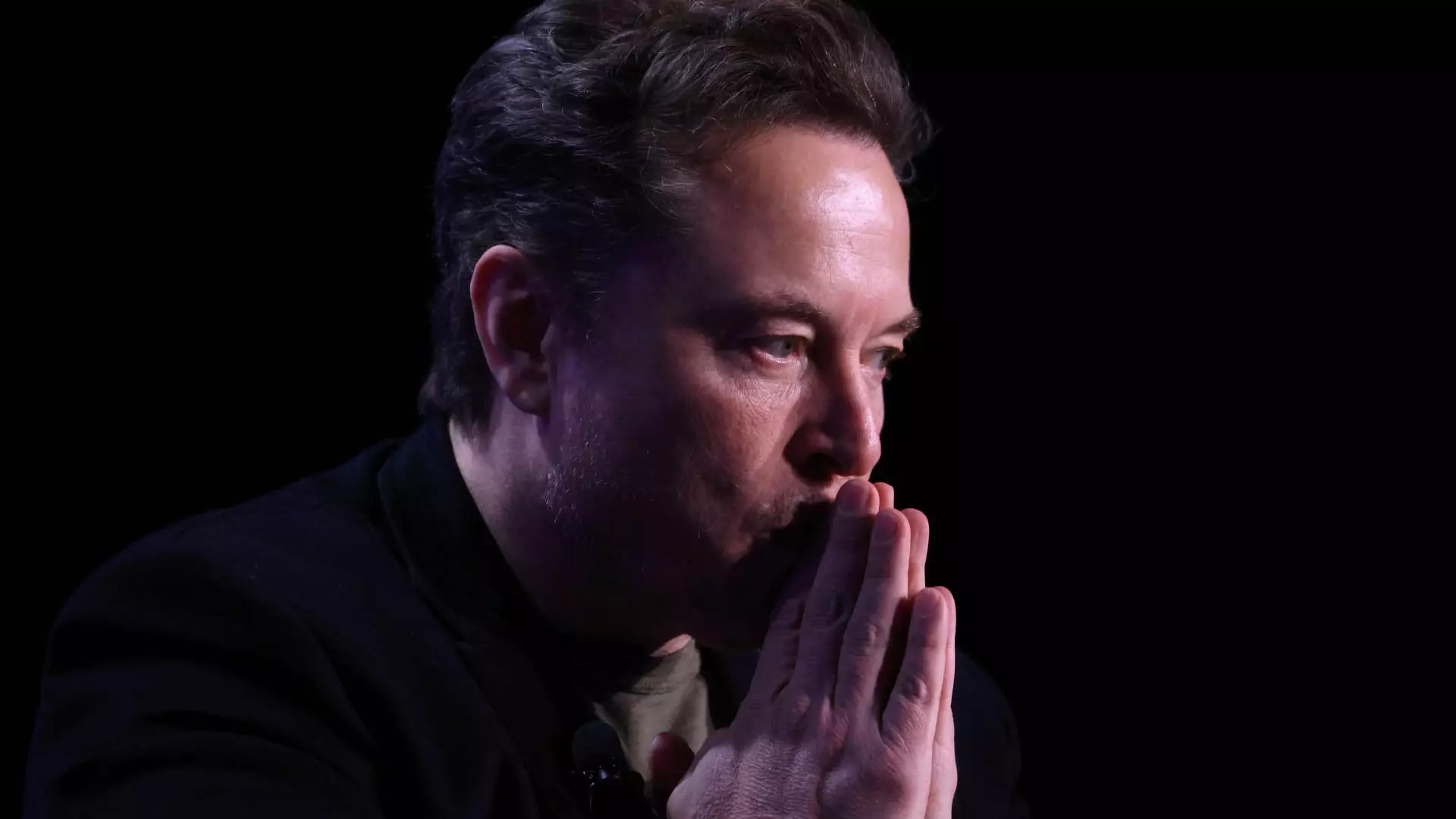In a recent turn of events, Brazil’s telecommunications regulator, Anatel, has issued a threat of sanctions against Elon Musk’s satellite internet company, Starlink. This decision comes in the midst of a growing public altercation with the billionaire over Brazil’s ban on his social media platform, X. The dispute began after Brazil’s supreme court ordered the suspension of X nationwide for failing to comply with the country’s laws by not appointing a legal representative by a court-mandated deadline. This ruling was further upheld by a panel of federal supreme court justices, leading to Anatel’s direct instruction to internet providers to block access to X.
Artur Coimbra, a commissioner at Anatel, revealed that Starlink is the only company that has openly declared its refusal to comply with the court’s decision. In an attempt to address the potential noncompliance issue, Coimbra mentioned that Anatel is currently investigating Starlink and other network operators. The commissioner also warned about the various sanctions that could be imposed on companies failing to adhere to the court order, such as fines and the revocation of their business license in Brazil.
Elon Musk’s conflict with Brazil traces back to April when an X representative disclosed that the company was compelled by court rulings to block certain popular accounts. Musk responded by stating that the restrictions were lifted and recommended users to utilize a virtual private network (VPN) in case X was banned. The tensions between Musk and Brazil escalated further as the country geared up for municipal elections in October. According to Brazilian laws, social networks are required to have a designated individual who can receive and address government takedown notices related to political misinformation. X failed to appoint such an employee in Brazil, prompting the company to withdraw all its staff from the country, leading to the recent legal disputes.
Starlink’s involvement in the controversy intensifies the feud between Musk and Brazil, particularly fueling the clash with Brazilian supreme court Justice, Alexandre de Moraes, who played a pivotal role in banning X. Starlink disclosed receiving an order from Moraes that froze its finances and prohibited the company from carrying out financial transactions in Brazil. In response, X accused Moraes of intimidating its legal representative with imprisonment, alleging that the justice froze all of her bank accounts after her resignation. Musk has vocally criticized Moraes, labeling him an “evil tyrant” and demanding his incarceration, while also condemning Brazil’s court ruling as an act of censorship.
The ongoing confrontation between Elon Musk, his companies, such as Starlink, and the Brazilian authorities highlights the complexities of the digital landscape and the regulatory challenges faced by multinational corporations operating in different jurisdictions. The clash underscores the importance of compliance with local laws and regulatory requirements, emphasizing the need for effective communication and cooperation between tech companies and government bodies to avoid escalating disputes and potential sanctions.


Leave a Reply